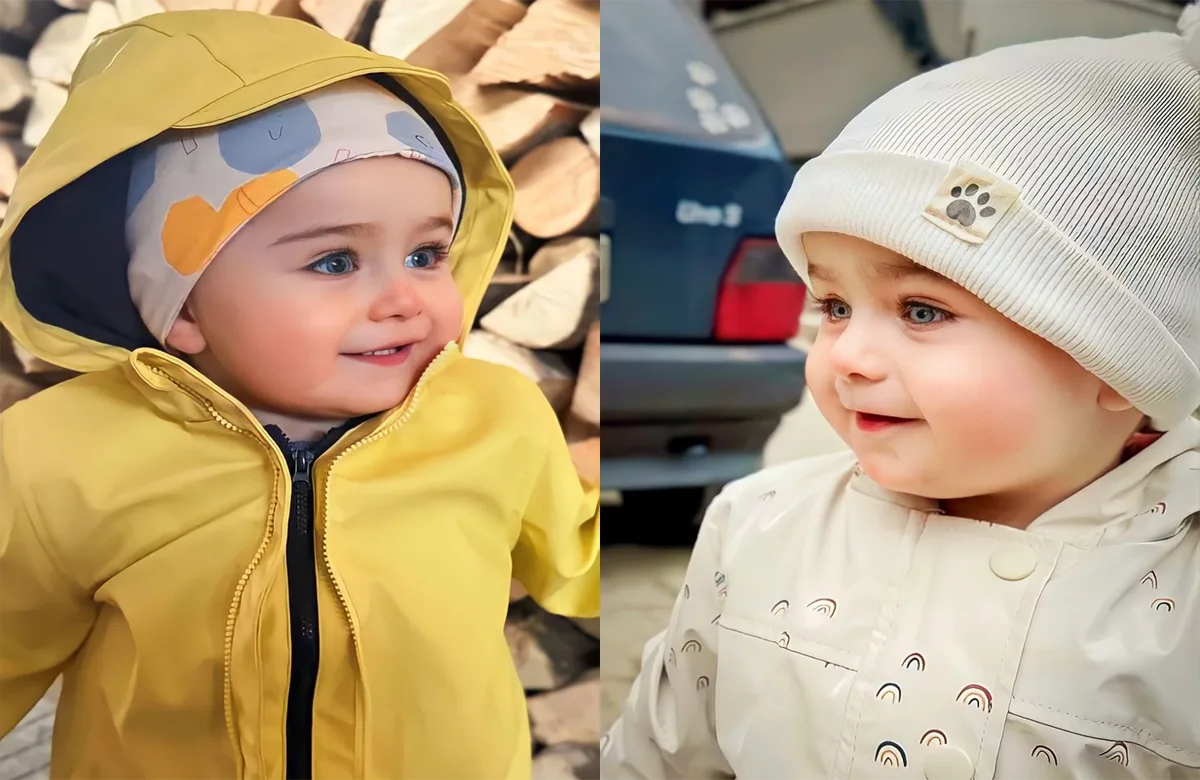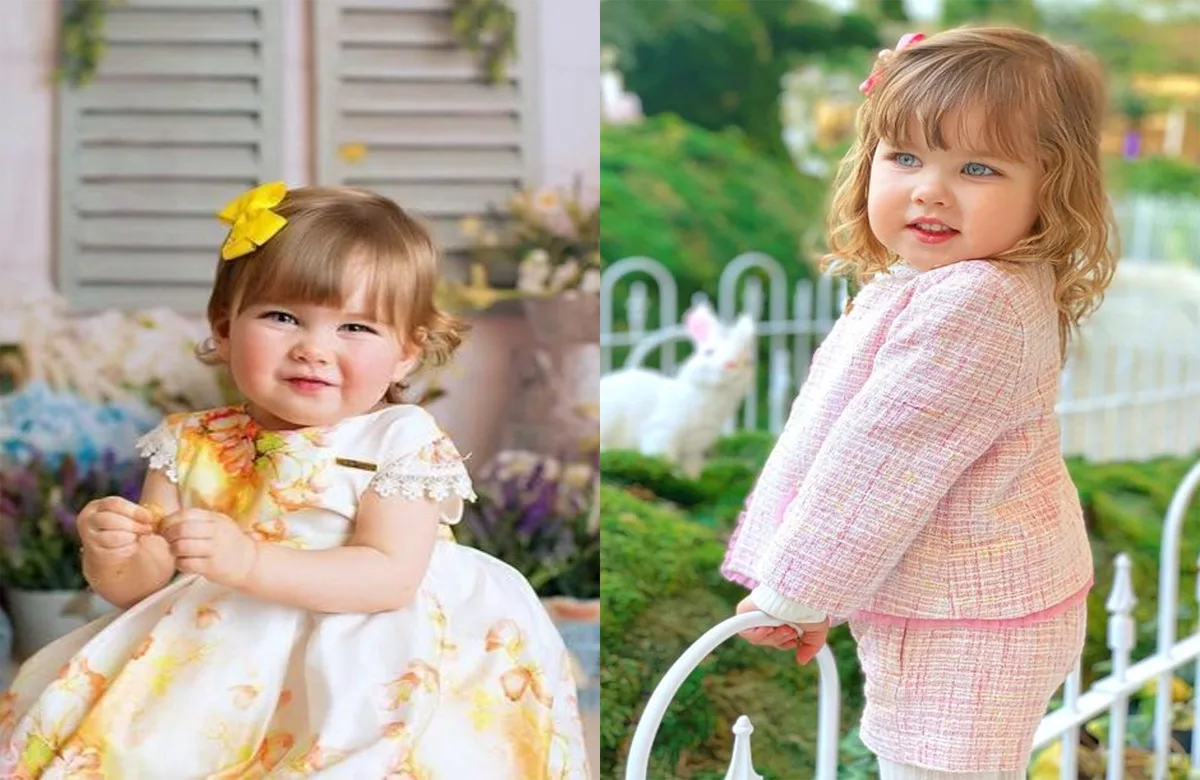Children are frequently said to as the most priceless gifts that life has to offer since they embodie wonder, hope, and happiness. Children have a special role in our lives and communities, and this conviction that kids are a divine blessing is shared by people of many cultures and religions. This viewpoint challenges us to consider the duty and honour of rearing the next generation, acknowledging that every child is not only a gift from God but also a potential agent of love and change in the world. Seeing children as gifts changes our perspective on parenting, education, and community service and inspires us to create circumstances in which they can thrive.
A child carries with them an unmatched sense of delight and promise from the time of their birth. A baby’s giggle, a toddler’s curiosity, and a young child’s limitless energy are all symbols of the beauty and innocence that come with being young. Every laugh and smile is a reflection of a deep-seated interest about life, encouraging adults to interact with the outside world in novel ways. This innocence calls us to nurture and protect in addition to enriching our lives. As we acknowledge children as blessings, we are reminded of our responsibility to provide them a secure, nurturing, and encouraging environment so they can mature, discover, and form their own identities.

The idea that having children is a trust that is placed on us highlights the accountability that accompanies being a parent and providing care. Taking care of a child’s bodily requirements is just one aspect of raising them; another is moulding their morals, sense of self, and worldview. It is the responsibility of parents and other adults to guide children during their formative years and impart values such as kindness, empathy, and respect. Because lifelong learning is a result of childhood experiences, this job demands focus and dedication. By acknowledging children as gifts, we can better understand the seriousness of this duty and make a commitment to maximising their potential.
When it comes to fulfilling the potential of children as blessings, education is essential. All children should have the opportunity to receive a high-quality education that supports their emotional, social, and intellectual development. Teachers are motivated to create situations where every child feels respected and encouraged, acknowledging their individual talents and abilities, by the conviction that children are gifts from God. This method produces caring people who can make meaningful contributions to society in addition to scholars.

Furthermore, the community is crucial to a child’s upbringing. The effect can be significant when towns and families band together to encourage and uplift the younger generation. Children are more likely to grow resilient and self-assured when they grow up in settings with supportive people and role models. Volunteerism, mentorship programs, and community outreach can build networks of support that promote children’s well-being. Seeing kids as blessings motivates us to make investments in their welfare and make sure they have access to the tools and chances they need to succeed.
It is also impossible to ignore the spiritual significance of considering children to be gifts from God. Since children are seen as expressions of the love and purpose of God, many religious traditions place a high value on them. This idea promotes respect for the purity and potential that youngsters possess. It serves as a helpful reminder to approach our relationships with them with compassion, tolerance, and understanding. Building a spiritual bond with kids allows us to encourage the formation of their own moral compass and beliefs, enabling them to make moral decisions in life.
We are reminded of the happiness and fulfilment that children provide when we acknowledge the significant influence they have on our lives. A child’s first steps towards walking, speaking, or finding a creative outlet can make us feel proud and in awe. Their unadulterated outlook on life inspires us to value the little things in life that frequently go unnoticed and to embrace simplicity. Youngsters teach us to embrace life with curiosity and adventure, as well as to discover contentment in the here and now. Generational relationships are formed via this reciprocal sharing of joy, love, and knowledge that can endure a lifetime.
In conclusion, there is no denying that having children is a gift and a blessing from God. They make our lives happier, more promising, and more meaningful by encouraging us to consider our roles as mentors and caretakers. We can make a world where every child thrives by supporting their development, educating them, and valuing our spiritual connection. Although there are no words to describe the rewards of this trip, they are incomparable. We may create a future full of love, compassion, and hope by upholding the trust that has been given in us to raise and nurture the next generation. By doing this, we can make sure that our children’s blessings go far into the future and beyond their childhood. Ultimately, by viewing children as gifts, we are able to recognise the enormous influence they have on society and our own lives, motivating us to value and support them at every turn.





Leave a comment